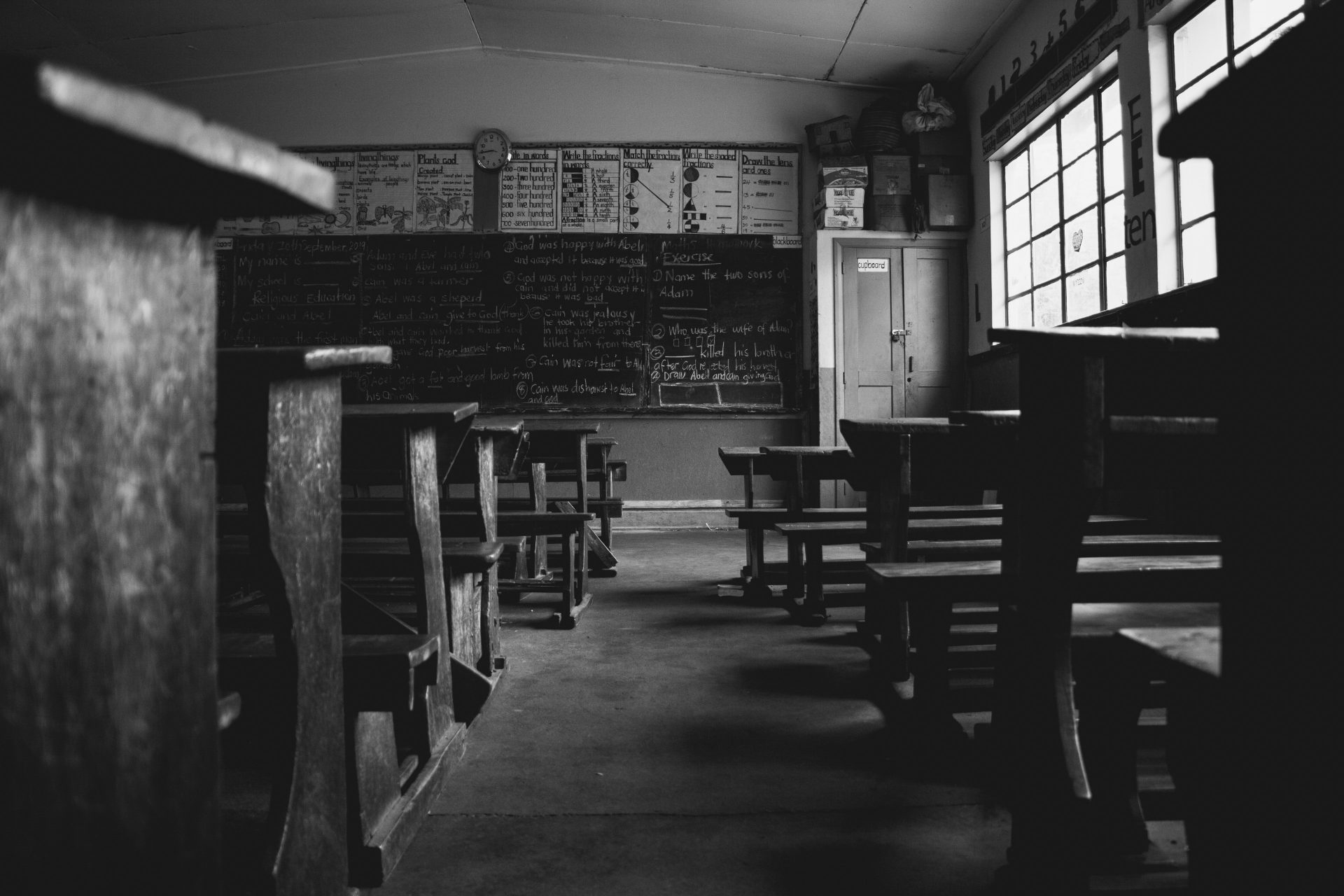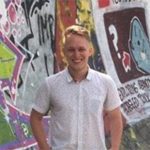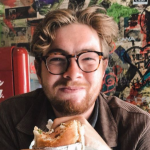
In the aftermath of conflict, societies are faced with the challenge of rebuilding their education systems under the auspices of new political landscapes. Oftentimes, those that suffer most from these broken education systems are children, especially those physical, mental, or emotional disabilities.
Editor’s note: Recently, Sabina Ćudić, a member of the opposition party ‘Naša stranka’ (‘Our Party’), released photographs showing the terrible conditions within the Pazaric Institute, a care home for children with special needs, after the ruling parties refused to address the problems. Her action sparked protests across the country.
In light of the recent events, Balkan Diskurs has been working on a series about the challenges faced by children with special needs and their families. In a context where caring for children who so desperately need it is far from a governmental priority, none of the mothers with whom Balkan Diskurs spoke will have been surprised by the recent disclosures – callous indifference to their children’s suffering is an everyday reality, with which they must cope.
In the aftermath of conflict, societies are faced with the challenge of rebuilding their education systems under the auspices of new political landscapes. Confronted by weak governance structures, civil society in a state of disarray, and a lack of dependable sources of funding, educators in post-conflict societies begin on the back-foot. Oftentimes, those that suffer most from these broken education systems are children, especially those physical, mental, or emotional disabilities.
In the absence of state support, parents and caretakers are often compelled to find their own solutions to the challenges presented as a result of these broken systems. In light of the recent allegations of abuse and mistreatment of disabled children by State-run institutions, Balkan Diskurs will publish a multi-part series featuring interviews with people who have to come up with their own solutions to BiH’s educational problems. We aim to provide them with the opportunity to tell their story and capture the breadth of reasons children are ostracized by the education system in contemporary BiH. Focusing on the consequences of the education system’s structural problems can furnish us with great insight into the potential steps we can take to improve the lives of vulnerable children and families.
Bosnia and Herzegovina (BiH) provides us with a textbook example of the educational challenges post-conflict societies must face. The Dayton Agreement, which was successful in bringing the war of the 1990s to an end, was used as a constitutional document to govern modern-day BiH. This has, in turn, served to maintain divides, both political and territorial, between the country’s three primary ethnic enclaves – Bosnian Croat, Bosnian Serb, and Bosnian Muslim.
With regard to BiH’s education system, this division manifests itself as the ‘two schools under one roof’ phenomenon. Throughout the school day, students split off into different classrooms to learn the curriculum that corresponds to their ethnic identity. Segregated classes include history, religion, and language (of course, almost all impartial linguists regard these as a single language, only distinguished by accents and regional dialects). Furthermore, each entity, canton, and district have different policies and their own budget, which results in the uneven implementation of educational policies and curriculum.
We all know that what’s taught in schools will be taken into society. In BiH, the way the education system is set-up perpetuates ethnic divisions and performative nationalism before class even begins. The system links identity and space – it regards society as comprised of distinguishable collective units that must be kept separate. The individual is dispensable to the extent they do not fit within one of the collective frameworks. Where ‘two schools under one roof’ policies are implemented, those who do not fit into either are excluded from both.
The widespread exclusion of schoolchildren in BiH transcends even ethnic divides, and it is often children with special needs, those with troubled backgrounds, and those who are members of minority groups that suffer most. This is compounded by a weak political structure, which has no mechanism for facilitating the inclusion of children in the education system.[1]
Social stigma accompanies any health issue that isn’t immediately visible. A widespread and collective perception of ‘problematic children’ affects those who have been diagnosed with special needs, as well as those coming from troubled backgrounds. A recent example involves a taxi driver who ejected an autistic child from his taxi because he didn’t understand the condition and, thus, responded inappropriately.[2] These children, who lose out on education for a seemingly endless variety of reasons, are the true victims of the broken post-conflict educational system.
Children with any kind of disability have difficulty enrolling, and re-entering, schools. Education for All (EDUS), a not-for-profit organization for the advancement of education of children, points out there is no record kept regarding the number of children with disabilities who are not attending school. A cantonal interagency group was formed to analyze the problem “but had never met”. EDUS estimates that 2.7 million BAM is necessary to properly implement a “strategy for inclusion,” but the government only allocated 600,000 BAM. This situation both characterizes and perpetuates the broken system.
There have, however, been a few successful cases in which kids were readmitted to school after experiencing discrimination. In 2015, then 16-year-old Slavko Mršević, from the city of Rudo in the Republika Srpska, enrolled in a local high school, but a diagnosis of a mild form of autism complicated his ability to successfully focus on his studies. Slavko was expelled without any explanation, preventing him from graduating high school alongside his peers. According to his father, Nenad Mršević, Slavko was expelled because his diagnosis made it difficult to fulfill the school’s requirements.[3] After three years of legal battles between the school and the Mršević family, who were supported by legal representative, Bojan Bajić, Human Rights Watch sent an open letter to Natalija Trivić, the Minister of Education and Culture of Republika Srpska. The letter drew attention to Trivić’s failure to comply with the Convention on the Rights of the Child, ratified in 1993, which guarantees the rights of children to education without discrimination. On April 12th, the day after Human Rights Watch sent the letter and following three years of legal battles, it was announced that Slavko could finally return to school.
[1] https://www.unicef.org/media_5356.html
[2] https://www.klix.ba/vijesti/bih/sarajevo-taxi-ce-kazniti-vozaca-koji-je-iz-vozila-izbacio-autisticno-dijete/190602002








